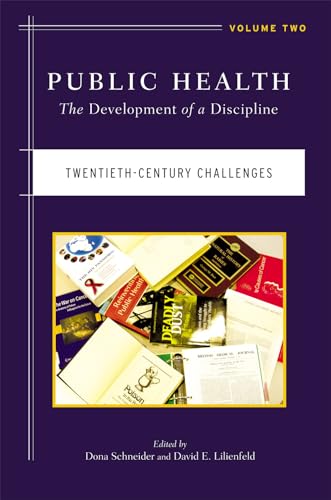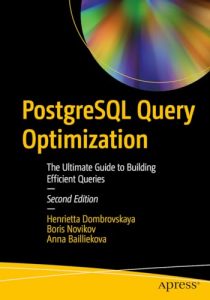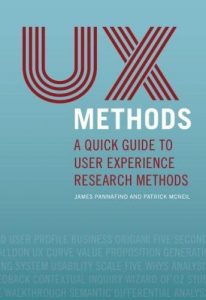The Evolution of Public Health Through Literature
As the world evolves, so does the understanding and approach towards public health and wellness. Historical and contemporary literature plays a pivotal role in shaping these narratives, guiding practitioners, policymakers, and historians alike. This blog post delves into a selection of influential books that encompass the milestones, challenges, and innovative solutions in public health development throughout the ages.
From the origins of health practices dating back to Hippocrates to contemporary challenges such as urban sprawl and sustainable development, these reads offer invaluable insights. They not only articulate the significance of communal engagement but also highlight the critical role of policies and innovations that transcend boundaries in public health. Let’s explore some must-read books that every public health enthusiast should add to their collection.
Featured Books
Public Health: The Development of a Discipline, Twentieth-Century Challenges (Volume 2)
This vital work provides an overview of the evolution of public health as a discipline, especially through the twentieth century, addressing challenges faced and strategies developed. The book, published by Rutgers University Press, uses a scholarly approach to rigorously analyze significant incidents and breakthroughs that have shaped public health policies.
For anyone interested in understanding how far we’ve come and the foundational principles that guide current practices, this text is essential. It’s not just a historical account; it’s a celebration of the advancements made in healthcare, a guide towards future endeavors, and a call for continued engagement with these ever-evolving challenges.

Public Health: The Development of a Discipline, From the Age of Hippocrates to the Progressive Era (Volume 1)
This book serves as an essential prelude, tracing the roots of public health from ancient philosophies to modern practices. It intricately analyzes historical attitudes and actions that have influenced today’s health standards. As we navigate through time, readers gain insights into how cultural and social factors shaped health policies, highlighting their relevance in contemporary discussions.
It is an indispensable read for health professionals, historians, and anyone who wishes to understand the foundational elements of public health initiatives and their cultural significance.

Community Engagement, Organization, and Development for Public Health Practice
This guide emphasizes the importance of community involvement in public health initiatives. It brilliantly illustrates how organizational strategies effectively enhance cooperation among stakeholders, enabling public health professionals to address complex health issues more effectively. The book balances theory with practical application, making it an invaluable resource for both students and seasoned practitioners.
Readers are encouraged to harness community networks to inspire proactive health solutions, bridging the gap between theoretical frameworks and grounded practice.

Developing Public Health Interventions: A Step-by-Step Guide
A century’s worth of research and practices can often seem overwhelming. This accessible guide neatly outlines the process of developing effective public health interventions in clear, understandable terms. Each chapter is filled with actionable insights and practical tips that can be applied across various public health contexts.
This book is perfect for those looking to translate knowledge into action, fostering skills in developing and implementing public health initiatives.

Sustainable Development and Rural Public Health: From Fossil Fuels to Greener Futures (Sustainable Development Goals Series)
This book examines the intersection of sustainability and public health, addressing critical aspects of environmental health and policy. Readers will learn about the far-reaching implications of fossil fuel dependency and explore innovative strategies for promoting sustainable practices in rural areas.
It provides an enlightening perspective that is crucial for public health officials looking to address climate change’s impact on health outcomes.

Urban Sprawl and Public Health: Designing, Planning, and Building for Healthy Communities
This authoritative text tackles the complexities of urban development and its significant implications for public health. It presents research correlating urban design with health outcomes, emphasizing the need for thoughtful planning in creating communities that promote health and well-being.
This book is essential for urban planners, policymakers, and health advocates aiming to integrate public health principles into urban development projects.

Nutrition in Public Health: Handbook for Developing Programs And Services
This handbook offers a comprehensive overview of nutritional strategies that are vital for public health program developers. It provides pragmatic advice and data-driven approaches necessary for ensuring community health through improved nutrition.
With easy-to-use tools and frameworks, it helps public health officials to tailor interventions that respond effectively to the nutritional needs of their communities.

Blind Spot: How Neoliberalism Infiltrated Global Health (California Series in Public Anthropology) (Volume 30)
This thought-provoking exploration unveils how neoliberal ideologies have permeated global health strategies, affecting funding, resource allocation, and health equity. The author adeptly critiques these influences, advocating for a reassessment of policies that prioritize profit over public health.
This book is an essential read for anyone interested in understanding the broader implications of economic policies on health outcomes globally.

Cities and the Health of the Public
This book offers critical insights into how urban environments shape health. It discusses various aspects of city living, from pollution to access to healthcare, and how public policy can mitigate these factors to improve overall community health. The text balances empirical research with compelling narratives, making it an informative and engaging read.
For public health professionals or anyone working with urban communities, this book serves as an essential toolkit for understanding and promoting urban health initiatives.

Goto Shinpei- Statesman of Vision- Research, Public Health and Development
This fascinating biography delves into the life and impact of Goto Shinpei, an influential statesman whose work in public health has paved the way for future leaders in the field. The book discusses his innovative public health strategies and provides a unique perspective on the development of health policies in Japan.
This work is critical for history buffs and public health professionals alike, as it illustrates the interconnectedness of leadership, vision, and health development.





































